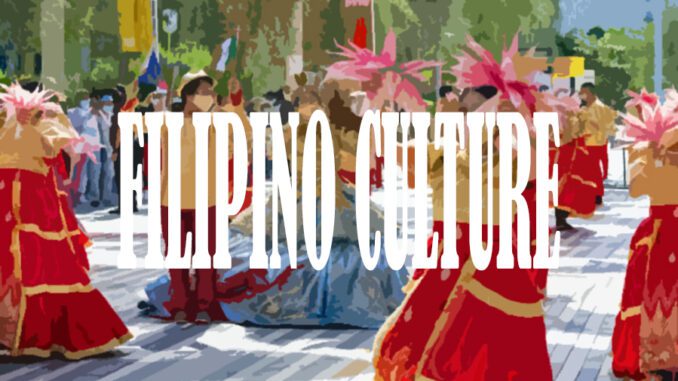
For most, experiencing the culture of the society you grew up in becomes a little like the adage of a fish experiencing the feeling of water. The way of life that seems completely normal to you may seem quirky or unusual to those from different cultural backgrounds.
The Philippines is no exception to this phenomenon. Although, Filipino youth are still exposed to external modern day cultural influences through mass media, many still hang on to long held cultural beliefs and traditions which are passed down through their parents and relatives.
The Philippines as a nation has also endured a long history of foreign occupation, strong trade relations, and also welcoming migrants from its surrounding neighbours. All of this has had an impact on the modern day culture of the Philippines.
A large part of what the Philippines is today is due to the Malay influence in the region, coupled with the long history of Spanish occupation. Trade relationships with the Chinese, Indians, and some Arabs nations also resulted in significant cultural exchange. With many aspects of language and culture being adopted by Filipinos, including various aspects of the Hindu, and Islamic belief systems.
Now we will focus in on some prominent shared habits, and traditions in the Philippines. We will have a look at what makes them a unique nation within South East Asia, and we’ll be offering advice to help visitors better integrate into the community.
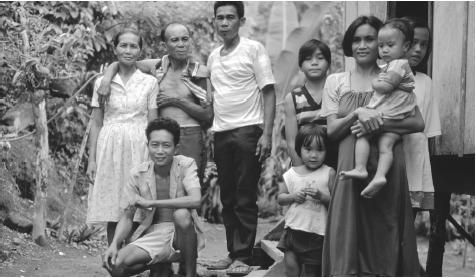

Close family ties amongst Filipino families
After spending time in the Philippines, it quickly becomes apparent that family comes first. It’s easy to see the obligation felt by Filipinos to contribute to the success of their loved ones. Due to decades of mismanagement, it has become difficult for average Filipinos to get ahead in life on their own terms.
Due to this spirit of self-sacrifice, older family members will often help younger relatives with their school and college fees. On the other hand, younger family members will give their older parents and relatives money for living expenses and medication, and will almost always look after them into their old age.
Helping family is not just limited to your siblings and parents. Whether you’re an Aunt, Uncle, Cousin, or even second cousin, it doesn’t matter, you will be looked after because you’re family.
Respect for the elderly comes from this respect for the family unit
From a young age, Filipinos are taught the gesture of “Mano Po”. When first greeting an elder, you take their hand and raise it to your forehead. It is a means of showing respect to those older than you, and asking for their blessing.
This attitude toward elders carries on throughout life. Retirement homes and villages aren’t as prevalent as they are in western societies. In fact for some people the concept of sending away the elderly is unheard of. Many take it upon themselves to support and look after their parents, and elderly relatives throughout their old age.


The nationwide karaoke obsession
On a different note, Karaoke is a past-time which is now ingrained in the Filipino DNA. The country has a passion for singing that has swept across the nation. Whether it be a party, family gathering, or another social event, there will always be a karaoke machine in use.
I can’t emphasise enough how common it is to come across someone in the country with a breathtaking singing voice. I believe the obsession with karaoke has a lot to do with this. But you don’t need to be a pro to join in, there is no judgement, just pick up the microphone and have some fun.
Karaoke machines are also relatively inexpensive, and widely available. This makes it an accessible social activity, which brings people together to bond and have some fun. There’s something entertaining about watching your friends and family enjoy some good food and alcohol, while belting out some classic songs.
Click here to read more about the karaoke culture of the Philippines!


“Utang na loob” the debt of gratitude
This next concept5 of Filipino cultures ties back to the Filipinos propensity to care for their elderly parents. It’s showing a debt of gratitude. You recognise how much someone has helped you, so you feel an obligation to return the favour.
This is often pointed at as a source of rampant corruption in the country. Politicians are regularly accused of vote buying, they will hand out money to their constituents, in which the assumption is they will return the favour by voting for them.
Although this does happen, it should not cloud the spirit of “utang na loob”. This helps build strong communities around the country, as the citizens hold this culture of helping others, and performing acts of reciprocity.
Filipinos take their religious convictions seriously
A high proportion of Filipinos identify as Christians, the majority of the population being Roman Catholic. Catholicism was introduced to the Philippines by Spanish colonisers in the 16th century, and it has since been deeply ingrained in Filipino culture and traditions. Many Filipino Catholics are deeply religious and actively participate in religious practices such as attending mass, praying the rosary, and observing religious holidays and festivals.
In addition to Catholicism, there are also significant numbers of Protestants, Muslims, and Buddhists in the Philippines. Protestantism was introduced during the American colonial period, while Islam has been present in the Philippines for centuries and is primarily concentrated in the southern islands. Buddhism has also been present in the Philippines for many years, and there is a growing interest in the practice amongst Filipinos.
Click here to read about Cebus Taoist Temple, a testament to the countries religious diversity
There are also many indigenous religious practices in the Philippines, often referred to as “animism,” which involve the worship of natural and ancestral spirits. These practices are typically integrated with other religious beliefs and are particularly prevalent in rural areas.
To see the religious devotion that runs through the country on display, you can attend any of the annual festivals held in the nation’s capitals. Sinulog, or the Feast of the Black Nazarene, are perfect examples where millions of Filipinos take to the streets to observe these religious festivals.
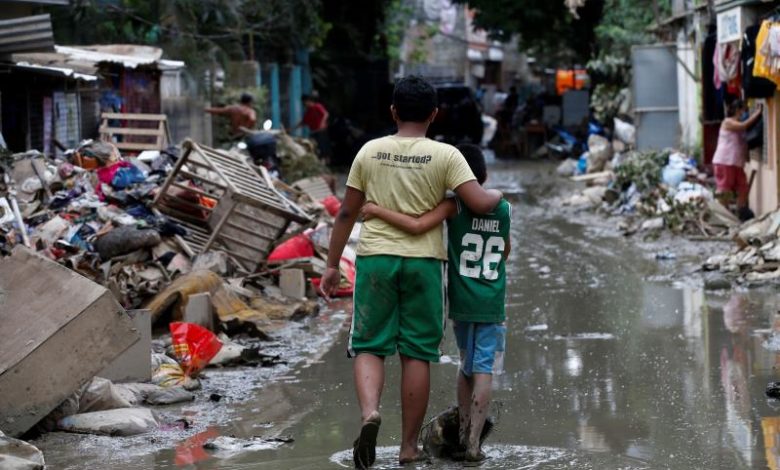

Filipinos show resilience in the face of many difficult circumstances
This is a common joke amongst Filipinos, you haven’t to be tolerant and push through to maintain your sanity. On a daily basis they deal with the effects of incompetent self-serving politicians, frequent natural calamities such as earthquakes and typhoons, difficulty finding work to cover their living expenses, amongst many other things.
Despite all this, they maintain a friendly, positive attitude. They still have a positive outlook for the future, with many Filipinos rising above the circumstances and achieving great things.
Many Filipinos have become very adaptable and strong people due to their circumstances. This means many are more likely to take action and deal with their situation. These traits have made OFWs a desirable class, employers know Filipinos are adaptable, hardworking people which make them ideal employees.


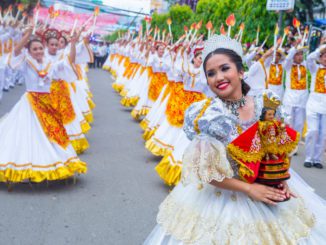
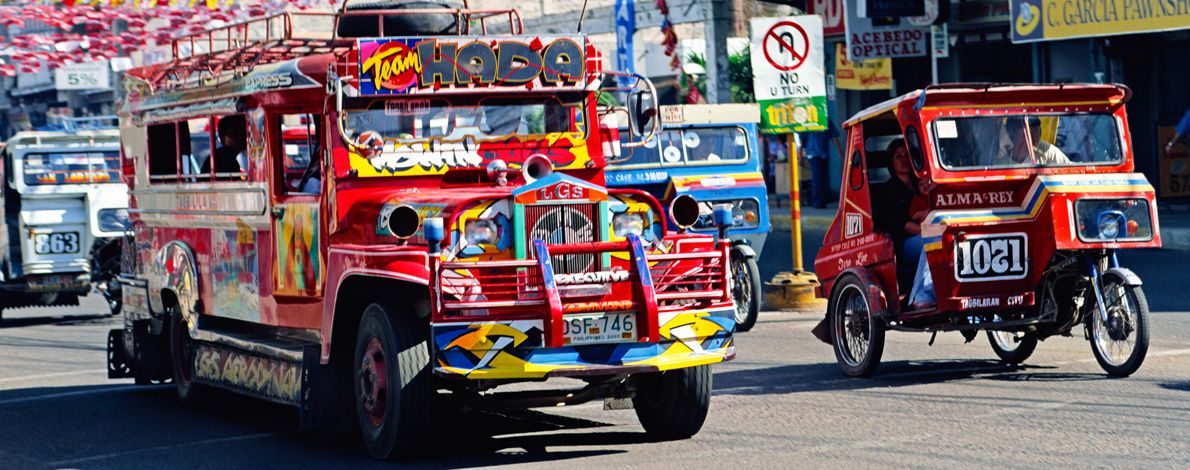

Be the first to comment